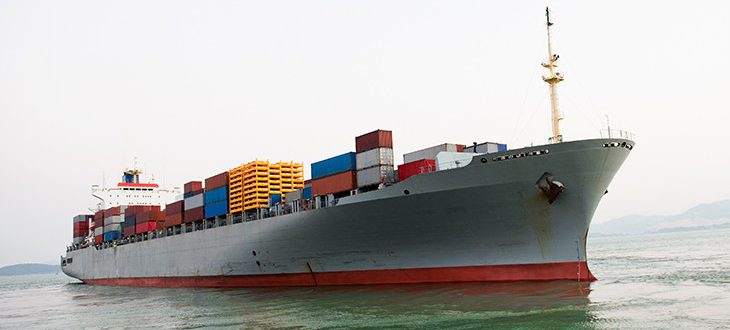In May 2016 IMO’s Maritime Safety Committee adopted the amendments to the IMDG Code contained in Resolution MSC.406(96) Amendments to the International Maritime Dangerous Goods (IMDG) Code. Contracting governments may apply the new requirements, in part or in whole, on a voluntary basis from 1st January 2017. Mandatory compliance will be required from 1st January 2018.
Due to the large number of changes to the Code, IMO Resolution MSC.406(96) contains the revised full text of volumes 1 and 2 of the Code. Of the many changes, several are of particular interest:
- Eight new United Nations (UN) numbers have been added (UN3527 to UN3534), covering polyester resin kits, polymerizing substances both solid and liquid, and engines and machinery.
- Engines, along with vehicles, were previously covered by UN3166, this UN number has been amended to only cover vehicles, with engines and machinery covered by new UN numbers UN3528 to UN3530. Vehicles are still not subject to the provisions of the Code if the conditions noted in the revised special provision 961 are met.
- A new Class 9 label has been adopted for use when lithium metal and lithium ion cells are being shipped. The latter type of cell being that used in mobile phones and other devices which have reportedly caught fire / exploded previously.
- A number of new packing instructions have been added, and special provisions added, updated or removed.
The 38-16 amendments have been incorporated into the 2016 edition of the IMDG Code which has recently been published by the IMO. The 2014 Supplement to the Code has not been updated and remains valid.
Further details on the amendments to the IMDG Code may be found herebelow
Source: West of England P&I Club































































